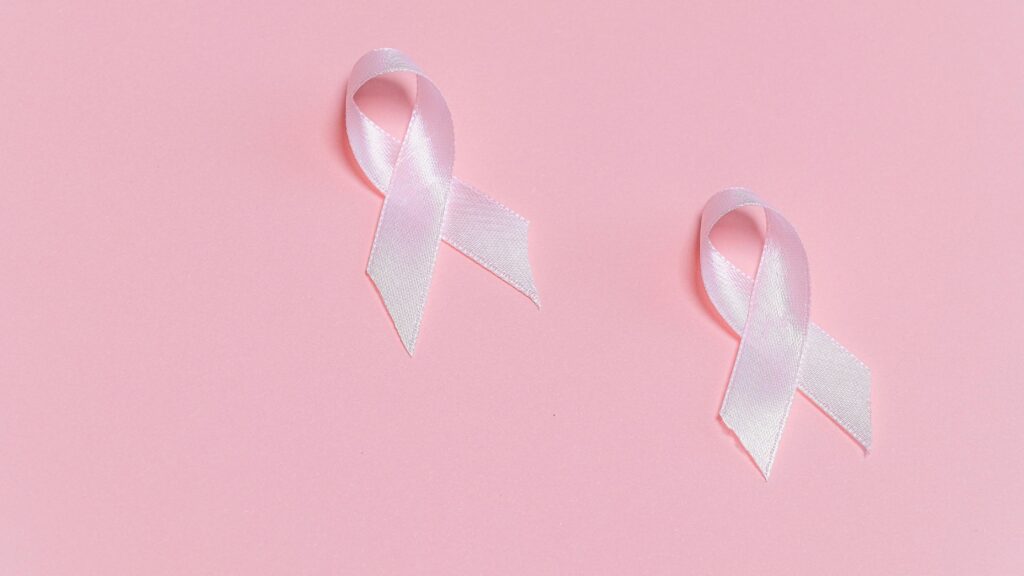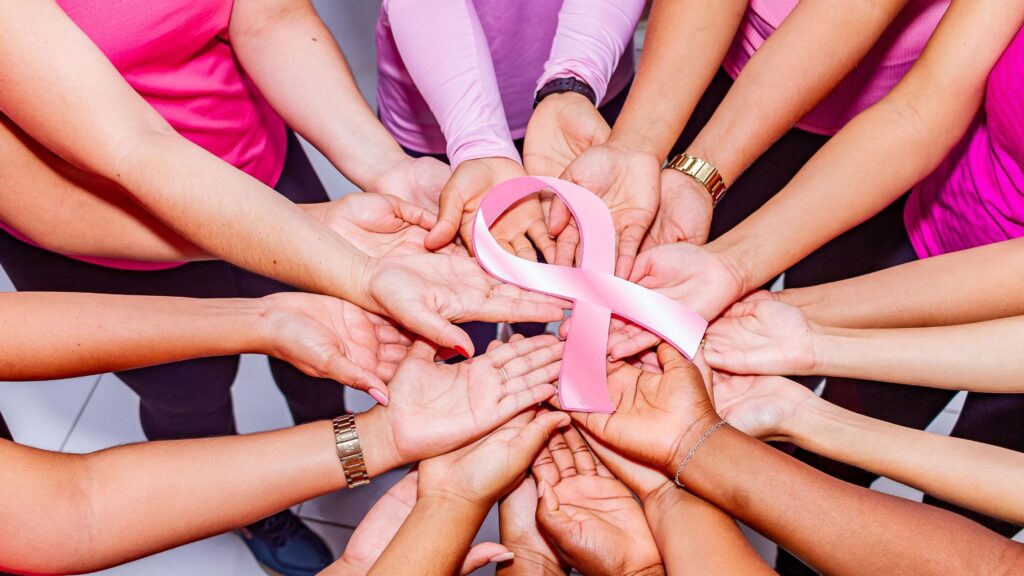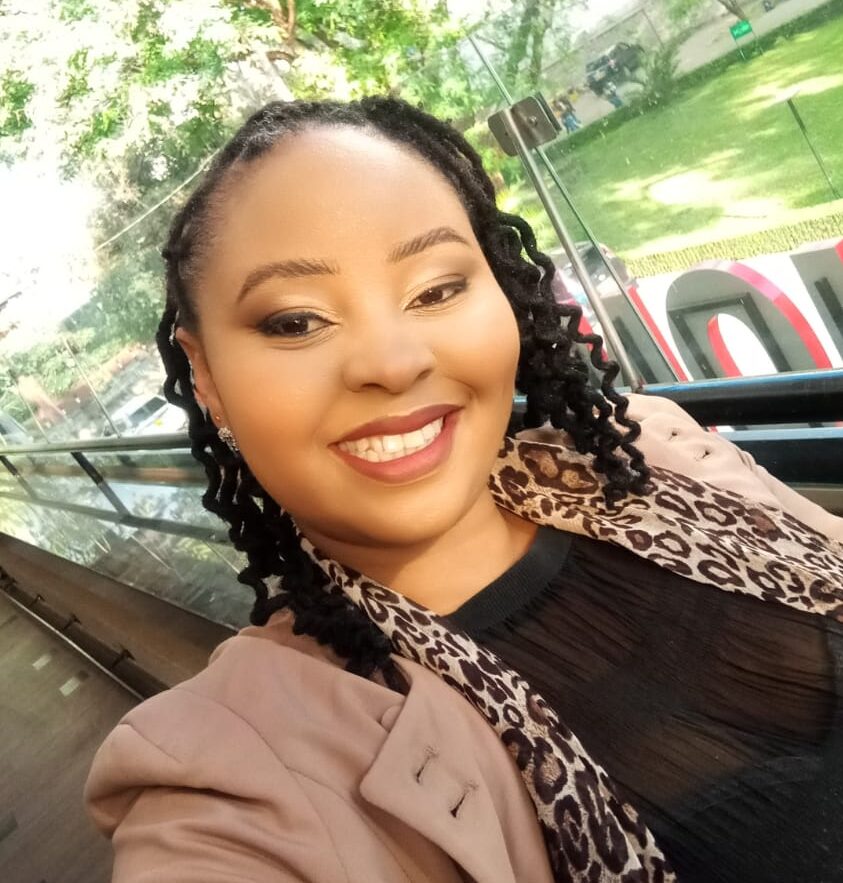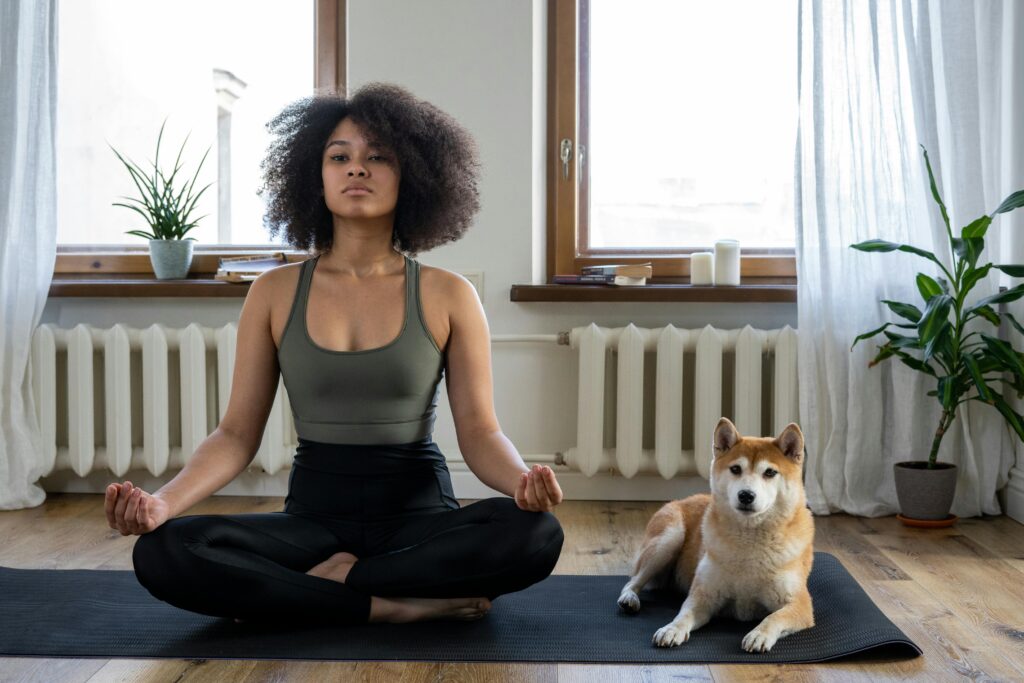
Every October, the world turns pink, a colour that symbolises strength, hope, and unity in the fight against breast cancer. Known globally as Breast Cancer Awareness Month, October is a time to celebrate survivors, honour those we’ve lost, and empower women everywhere to take charge of their health.
At Discovering Her, we are joining the global movement to educate and empower women because early detection truly saves lives.
What is Breast Cancer?
Breast cancer occurs when abnormal cells in the breast begin to grow uncontrollably. These cells can form a lump or mass and sometimes spread to other parts of the body.
It usually begins in:
- Lobules – the glands that produce milk.
- Ducts – the tubes that carry milk to the nipple.
- Connective tissues – which include fat and fibrous tissues surrounding the breast.
Most breast cancers start in the ducts or lobules. But what makes breast cancer especially concerning is that it can grow silently, often before any symptoms appear.
While some breast lumps are harmless, others may be cancerous. The key is knowing what is normal for your body and catching any changes early.
Why Pink October Matters.

The pink ribbon, a symbol of breast cancer awareness, is more than just a fashion statement. It is a symbol of solidarity that also represents courage, compassion, and community. Since 1985, Pink October has united women across the world to raise awareness, fund research, and remind each other that prevention and early detection save lives.
Wearing pink this month is more than just a gesture; it is an act of love. It is a reminder to check on yourself, schedule that screening and remind the women you love to do the same.
Early Detection: The Key to Saving Lives.
Detecting breast cancer early makes treatment more effective and increases the chances of survival. Here is how you stay proactive:
Know Your Breasts.
Your body speaks; learn to listen. Perform a breast self-exam once a month, preferably a few days after your period ends, when your breasts are less tender. It is also advised to conduct the breast self-exam right after taking a shower when your body is relaxed.
Here’s what to look out for:
- New Lumps or thickened tissues.
- Changes in breast shape and size.
- Dimpling, redness or scaling of the skin.
- Nipple discharge or pain.
If something doesn’t feel right, visit a doctor immediately. Trust your instincts.
Schedule Regular Screenings.
- Women aged 40 and above should get a mammogram every 1 to 2 years.
- Women with a family history of breast cancer should start screenings earlier.
Screenings can detect tumours long before they can be felt, and that’s what saves lives.
Know Your Family History.
If your mother, sister or grandmother has had breast or ovarian cancer, you may have a higher genetic risk. Talk to your healthcare provider about a personalised screening plan.
Prevention: Simple Ways to Lower Your Risk.
You can’t control every risk factor, but you can adopt healthy habits that can reduce your risk and improve your overall well-being.
1. Eat a Balanced Diet.
Ensure all your meals contain all the food groups that nourish good health. Include colourful fruits, vegetables, whole grains, and lean proteins that support hormone balance. Also, focus on foods rich in antioxidants like berries, nuts, and leafy greens, which strengthen immunity. It would also be better to limit processed foods, red meat, and alcohol.
2. Stay Active.
An active lifestyle helps your body regulate hormones and keep your weight in check. Aim for at least 30 minutes of activity five days a week. It could be dancing, yoga, walking, swimming, or running. Find what moves.
3. Make Healthy Choices.
Avoid smoking and limit your alcohol intake. Both smoking and alcohol increase your risk of developing cancer. Therefore, if you drink, do so in moderation.
4. Breastfeed.
Breastfeeding has been shown to slightly lower breast cancer risk, especially when continued for several months.
5. Manage stress.
Stress affects your hormones and immune system. You should prioritise rest, mindfulness, journaling, and quiet time with loved ones.
Final Thoughts.
When it comes to diseases and ailments, it is scary even to imagine we could be victims. Therefore, we become ignorant; after all, what we don’t know can’t hurt us. But what’s even scarier is knowing we could have prevented something, but didn’t.
Breast cancer awareness is all about empowerment. It is knowing about your body, prioritising your health and supporting one another.
Join the Movement.
This October, Discovering Her invites you to join the conversation.
- Encourage a sister to get screened.
- Share this article to spread awareness
- Wear pink proudly to honour every woman who has ever faced breast cancer.
Together, we make early detection a lifestyle and not just a campaign. 💗

Mourine Warui is a media and communication expert and seasoned writer. Her goal is to empower and offer solutions to everyday girl’s problems while provoking candid and authentic conversations. Other goals are to provide inspiration and entertainment to readers through creative, thought-provoking and edgy stories.


